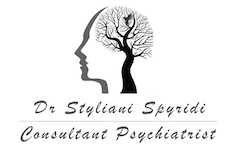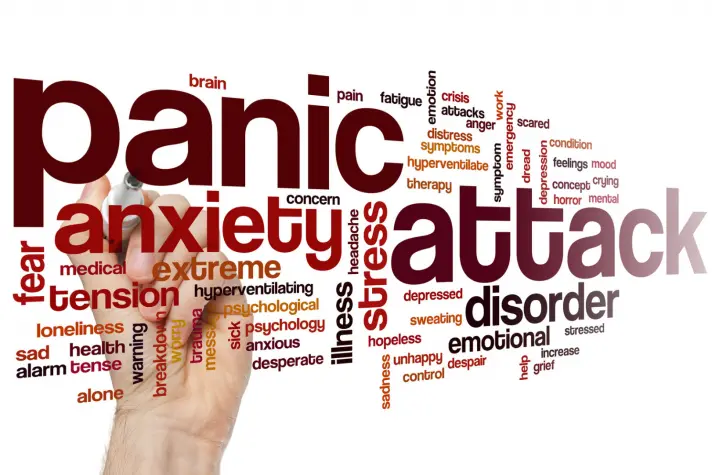Anxiety is one of the most common mental health challenges today, affecting millions worldwide. For…

How to Beat Procrastination: Evidence-Based Strategies That Actually Work
By Dr. Styliani Spyridi, Psychiatrist | Psychiatry-cy, Limassol, Cyprus
Procrastination is a challenge most people face—but when it’s persistent or tied to mental health conditions like ADHD, chronic stress, or perfectionism, it can significantly disrupt daily life.
At our psychiatry clinic in Limassol, we frequently help patients understand the underlying reasons for their procrastination and give them practical, personalized strategies to move forward. If you’ve been struggling to start or complete tasks, here’s what you need to know—and what you can do about it.
Why Do We Procrastinate? It’s Not Laziness.
Let’s clear one thing up: procrastination isn’t about being lazy. It’s often a symptom of deeper psychological or neurological processes:
- ADHD affects executive function, making it difficult to initiate tasks, estimate time, or stay focused.
- Stress and burnout can leave the brain in survival mode, where even simple tasks feel overwhelming.
- Perfectionism can cause a fear of not doing something “right,” leading to avoidance altogether.
- Understanding the cause is the first step to choosing the right strategy.
6 Therapist-Backed Strategies to Overcome Procrastination
Here are practical, science-based techniques you can try today—some with the help of simple apps.
1. The Pomodoro Technique: Work in Short Sprints
This classic method involves working for 25 minutes, then taking a 5-minute break. It helps regulate focus and reduces overwhelm. For those with ADHD or high stress, starting with just 5 minutes can reduce mental resistance.
Recommended app: Focus To-Do – a simple, free app that combines the Pomodoro timer with task tracking.
2. Body Doubling: Don’t Work Alone
“Body doubling” means working alongside someone—virtually or in person—to help stay focused and accountable. It’s especially helpful for people with ADHD or executive dysfunction.
Try:
Focusmate – virtual co-working with real people
Flow Club – guided, structured focus sessions
3. Visual Task Breakdown: Make the Invisible Visible
When everything stays in your head, tasks feel overwhelming. Break them down visually using a digital task board or sticky notes. This taps into dopamine-reward systems and gives a sense of accomplishment as you move forward.
Recommended app: Trello – easy drag-and-drop interface for managing tasks.
4. Reframe Perfectionism: Done Is Better Than Perfect
If you wait until it’s perfect, you may never start. Try asking yourself:
“What does a good-enough version of this look like?”
This mindset shift can break the cycle of paralysis and allow you to build momentum.
5. Practice Self-Compassion, Not Self-Criticism
Self-criticism is a hidden driver of procrastination. It fuels shame and avoidance. Instead, try a compassionate approach:
“It’s okay to start small. I’m allowed to take this one step at a time.”
This creates a safer mental space for progress.
6. Use Habit-Building Apps for Gentle Nudges
Turning repeated tasks into small habits can build structure and routine.
Apps to try:
Streaks (iOS) – habit tracker with clean design
Habitica – turns your to-do list into a game, perfect for ADHD brains
When to Seek Professional Help
If procrastination is affecting your work, relationships, or mental health, it may be time to seek support. Chronic procrastination can be a symptom of treatable conditions like ADHD, anxiety, or depression.
As a psychiatrist in Limassol, Cyprus, I work with individuals to uncover the root cause of procrastination and offer tailored solutions—from therapy and behavioral coaching to medication when appropriate.
Ready to Take the First Step?
If you’re done feeling stuck, overwhelmed, or burnt out, we’re here to help.
Book a confidential consultation at our clinic in Limassol to start moving forward—one manageable step at a time.
#ADHDCyprus #PsychiatristLimassol #BeatProcrastination #MentalHealthCyprus #PerfectionismRecovery #FocusTools



